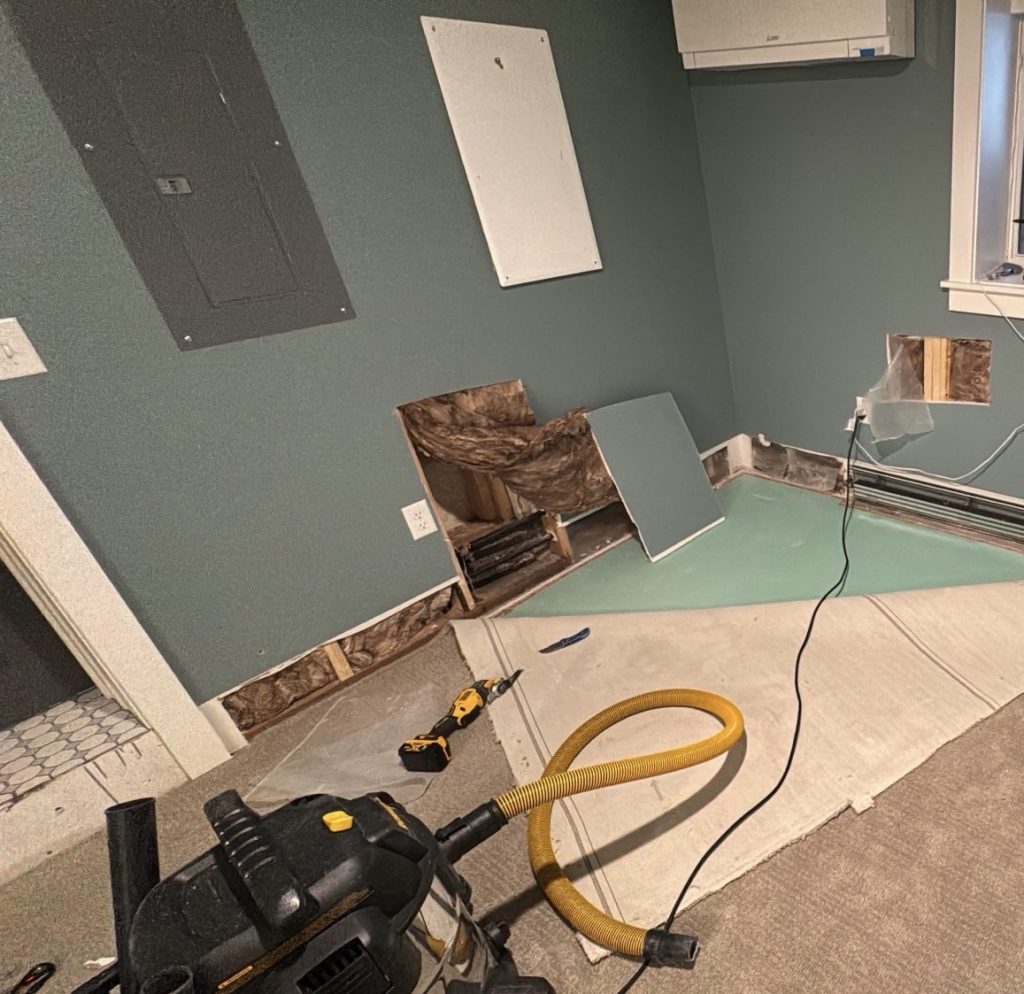Over the winter we did a mold test on our bedroom after I had had a batch of sub-optimal bloodwork and flares in my autoimmune condition. We wanted to be thorough in assessing potential reasons for any issues from environmental to pharmaceutical.
I was suspicious that mold would be a culprit. Or perhaps I did not want it to be a culprit. Mold has always seemed like an excuse the professionally sick lean on like a crutch. You can imagine some worried well Goop reading white woman blaming mold.
I don’t know if this is engrained ableism on my part (lol) but no one wants to be that annoying sick woman with the litany of vague issues plaguing her life. And yes I fear this about myself because I do have to manage an autoimmune condition.
So I went into mold testing with some cynicism. It’s mike making a claim you’ve got a diagnosis of fibromyalgia. Sure both mold and fibromyalgia are real but I’ve learned from experience that you must avoid both lest you be seen as someone unserious.

Alas it has turned out to be serious. It took most of the winter to work through the breaking down the walls part but once Alex began pulling back the walls it was dramatic and easy to spot.

As it turns out the wall on my side of the bed has quite a bit of mold types growing happily. As best we can tell it must be some type of small leak in the pipes.

There’s a couple hydronic heater pipes right by the baseboards so the current theory is maybe one developed a tiny pinhole leak for a bit that sealed itself back up. Don’t ask me about that one as it’s on Alex.
His plan for now is to remediate it, patch things back up, fog the room and have the carpets steam cleaned. Which is a bigger job than we might like but much better than it could have been.